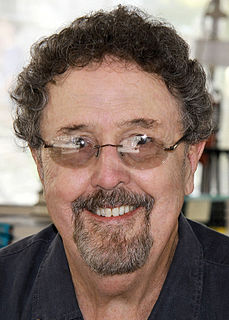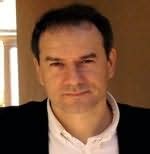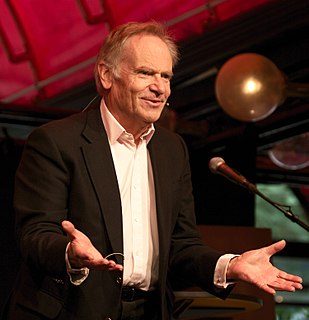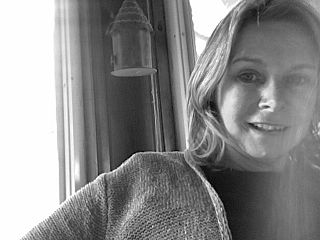A Quote by John Irving
One of the humbling things about having written more than one novel is the sense that every time you begin, that new empty page does not know who you are.
Related Quotes
The thing about acting is even if you get technically more skilled at what you do, every time you begin a film or a play you're terrified. You don't know if you're going to pull it off. Every film and every story has its own set of challenges. I've never felt like, oh yeah, that's it, nailed it! You can never sit and rest. That's why it's such an exciting job. It's beginning again every time you begin again. New story, new character, new place, new time, new director. It's like moving to a different planet and trying to figure out how to live there.
The enemy is not the badly written page; it is the empty page the great advantage of a badly written page is that it can be rewritten. It can be improved. A blank page is zero. In fact, it’s worse than zero, because it represents territory you’re afraid, unwilling, or too lazy to explore. Avoid exploring this territory long enough, and you’ll abandon your book.
Fiction is very greedy. It will take all you know and then some. The first novel I tried to write, I was struck by this - the appetite of the blank page for ever more information, ever more data. An empty book is a greedy thing. You are right: You wind up using everything you know, and often more than once.
By the time I was doing "Kill Bill," it was so much filled with prose that, you know, I start seeing why people write a screenplay and make it more like a blueprint, because basically I had written - in "Kill Bill," I had basically written a novel, and basically every day I was adapting my novel to the screen on the fly, you know, on my feet.
Before I begin a novel I have a strong sense of at least one central character and how the story begins, and a more vague sense of where things may wind up, but at some point, if the novel is any good at all, the story and characters take on lives of their own and take over the book, and the writer has to be open to that.
When Scott and I started, every time we performed we wrote a whole new bit. We didn't know this wasn't the way things were done because we were just starting. But we needed the new material anyway. And it's nice, every time that Matt Besser does the show he does a whole new bit. And it's nice to offer up a place where people can be that experimental while offering some solid, proven comedy as well.
When King Lear dies in act five, do you know what Shakespeare has written? He has written, 'He dies.' No more. No fanfare, no metaphor, no brilliant final words. The culmination of the most influential piece of dramatic literature is, 'He dies.' Now I am not asking you to be happy at my leaving but all I ask you to do is to turn the page and let the next story begin. -- Mr. Magorium







































